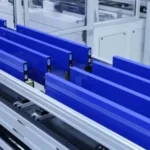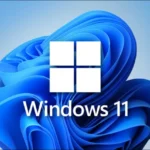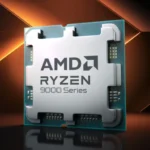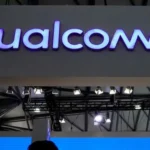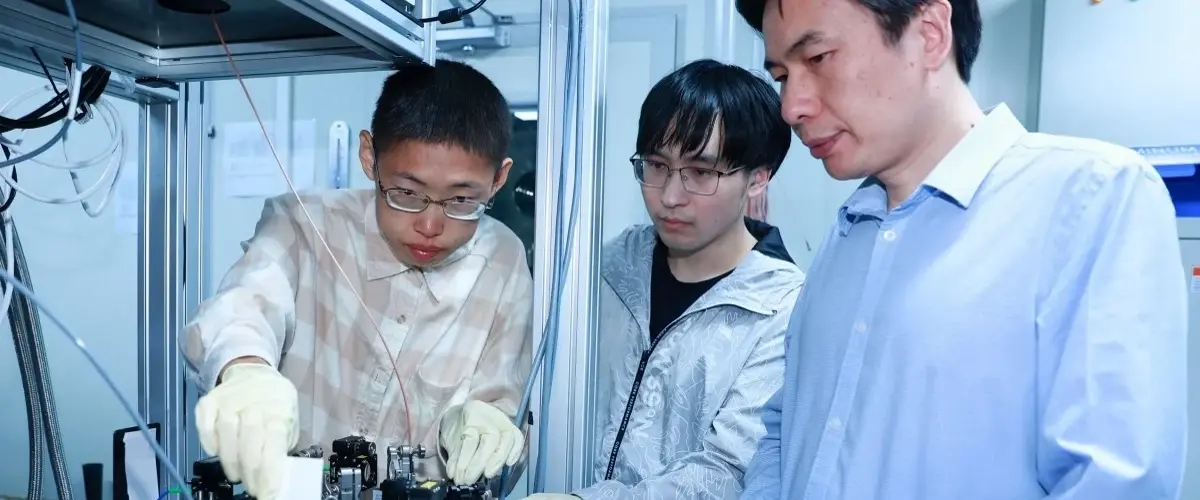ASML and TSMC have ways to disable the world’s most advanced chip-making machines in the event of a Chinese invasion of Taiwan. The stakes are high: 90% of the most advanced chips in the world are produced on this island. We’re talking about EUV equipment, which allows for the printing of the tiniest transistors for microchips used in artificial intelligence and military developments. The cost of one such machine starts at 200 million euros. In fact, this is a backup method to deprive China of potential military trophies – TSMC leadership and Taiwanese authorities have already stated that all of the company’s factories will be exploded in case of invasion. If China manages to prevent this sabotage, then the EUV scanners will be destroyed through remote diagnostics and tuning tools. ASML has already conducted such exercises.
Anonymous sources have reported that American officials, in private discussions with Dutch and Taiwanese counterparts, expressed concern that escalating Chinese aggression could lead to an attack on Taiwan. The island is a key producer of advanced semiconductors used worldwide. At a meeting between Dutch officials and the ASML management, dedicated to discussing this threat, ASML representatives assured that they would be able to remotely disable their equipment in case of an attack. The Netherlands conducted invasion simulations to assess the risks.
The ability for remote shutdown applies to a line of chip-making machines that use extreme ultraviolet (EUV) radiation, produced by the Dutch company ASML. EUV uses high-frequency light waves to print the smallest transistors for microchips used in artificial intelligence and high-tech military developments.
The Dutch company is the world’s sole producer of these machines, which cost more than 200 million euros each. ASML has supplied over 200 units of equipment to customers outside of China since their first development in 2016, with Taiwanese TSMC purchasing more than any other chip manufacturer. Thanks to EUV, ASML has become Europe’s most expensive technology company, with a market capitalization exceeding $370 billion – twice that of its client Intel.
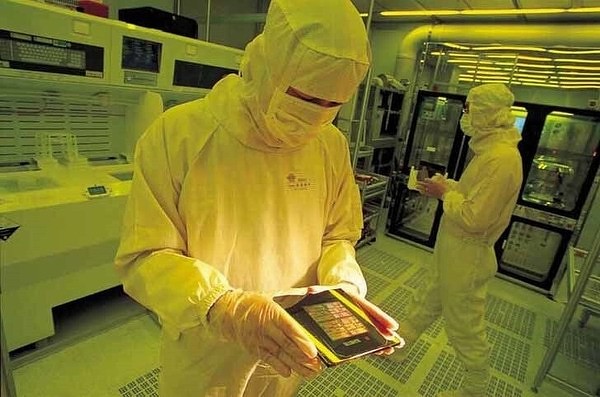
The EUV system, the size of a city bus, requires regular maintenance and updates. Without spare parts from ASML, they quickly become inoperative. On-site technical maintenance of EUV is challenging because they are housed in cleanrooms where engineers wear special suits to avoid contamination. ASML offers some customers joint service contracts, allowing them to perform part of the regular technical maintenance of EUV equipment themselves. According to sources, as part of these procedures, ASML can remotely activate the emergency shutdown function.
ASML technologies have long been closely watched by governments seeking to prevent them from falling into the wrong hands. For example, the Netherlands banned companies from selling EUV scanners to China, as the United States feared this would give Chinese manufacturers an advantage in the global chip war. At the insistence of the United States, the Netherlands this year began suspending the export of the next most sophisticated lineup of ASML chip-making equipment to China. Even before this ban took effect, American officials asked ASML to cancel some previously planned deliveries to Chinese clients. It is predicted that the latest export control measures will reduce sales volumes in China by a whopping 15% this year.
China has long claimed that Taiwan is its territory. President Xi Jinping advocates for reunification while not ruling out military intervention. The superpower is bolstering its conventional weapons and nuclear arsenal on a scale not seen since World War II, and a senior U.S. admiral stated in March that the country is preparing for the possibility of invading Taiwan by 2027. Last month, the U.S. Congress approved $8 billion in defense aid to the island. Meanwhile, the Biden administration is aiming to increase semiconductor production on American soil, promising chip manufacturers $39 billion in grants to hedge against potential supply chain disruptions.



